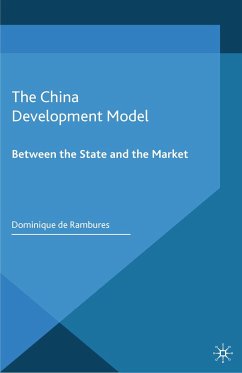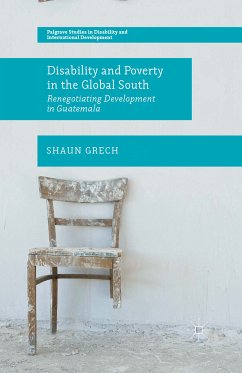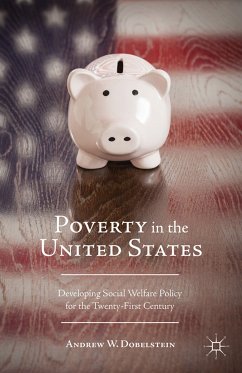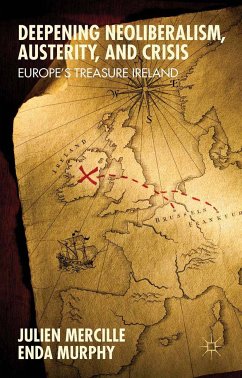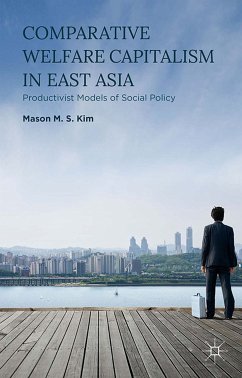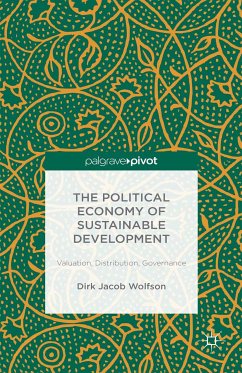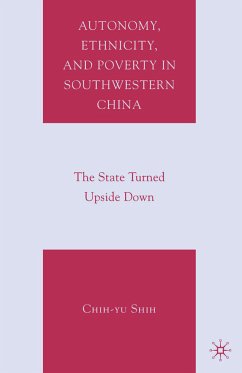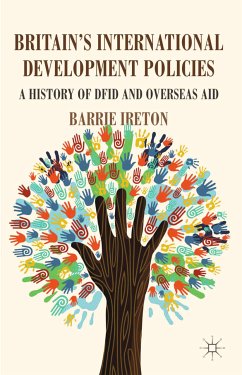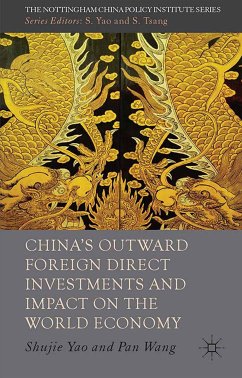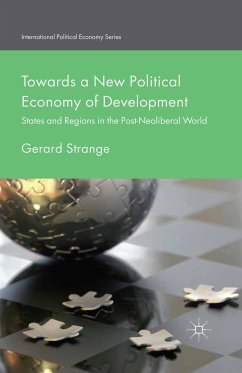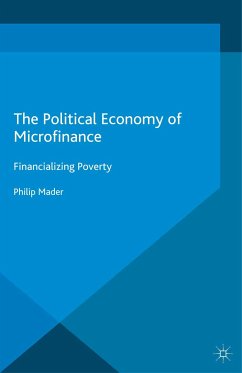
The Political Economy of Microfinance (eBook, PDF)
Financializing Poverty
Versandkostenfrei!
Sofort per Download lieferbar
96,95 €
inkl. MwSt.
Weitere Ausgaben:

PAYBACK Punkte
48 °P sammeln!
According to the author, rather than alleviating poverty, microfinance financialises poverty. By indebting poor people in the Global South, it drives financial expansion and opens new lands of opportunity for the crisis-ridden global capital markets. This book raises fundamental concerns about this widely-celebrated tool for social development.
Dieser Download kann aus rechtlichen Gründen nur mit Rechnungsadresse in A, B, BG, CY, CZ, D, DK, EW, E, FIN, F, GR, HR, H, IRL, I, LT, L, LR, M, NL, PL, P, R, S, SLO, SK ausgeliefert werden.



